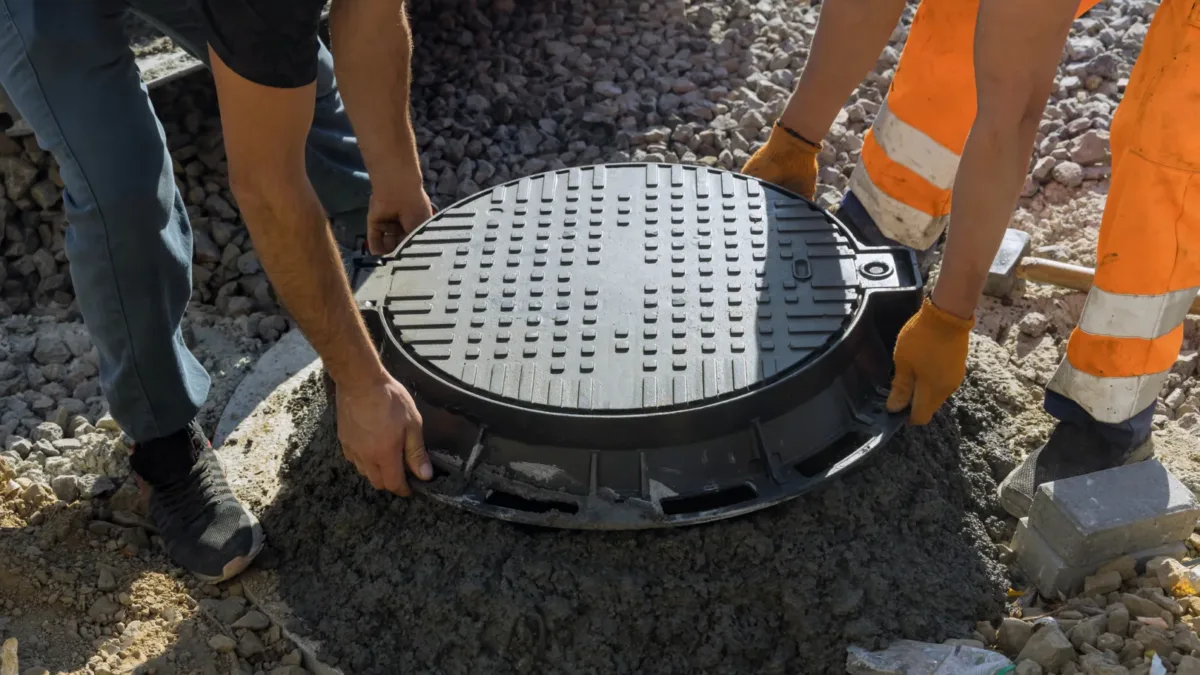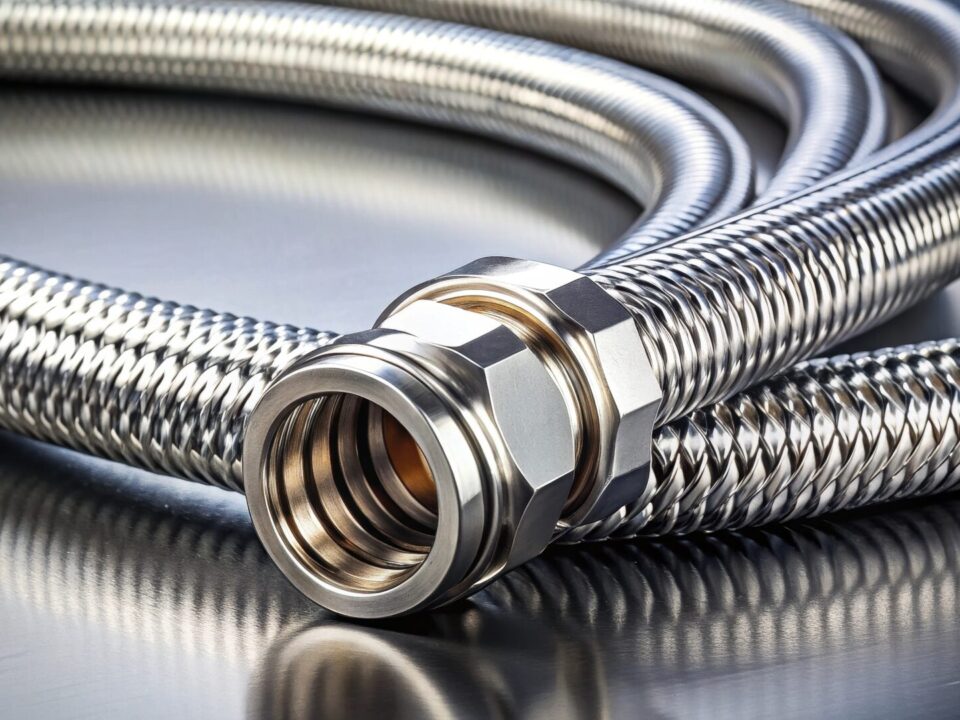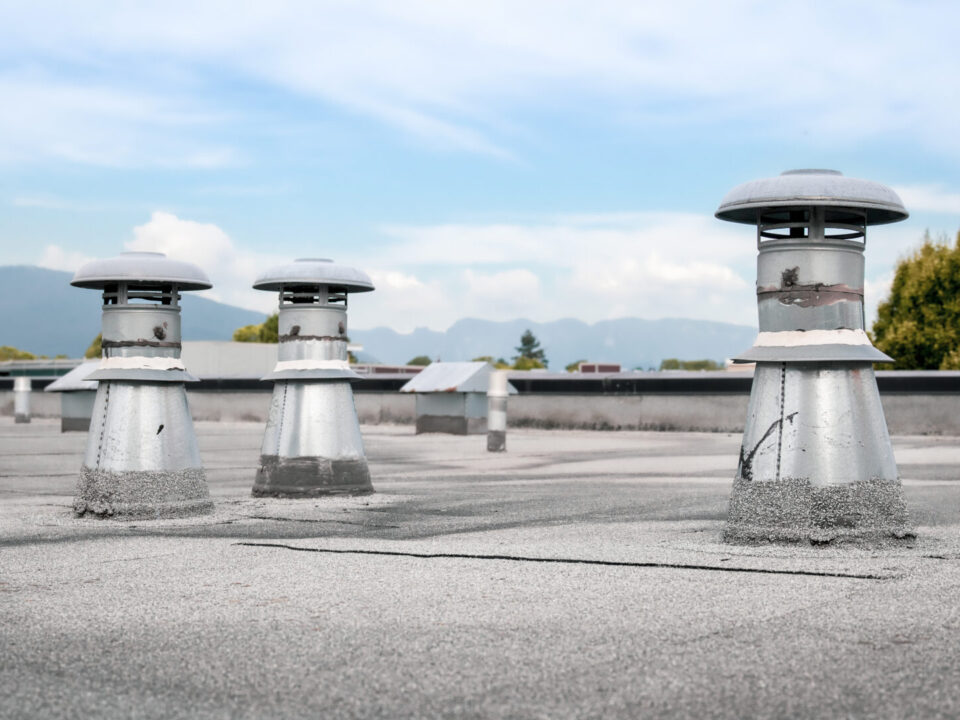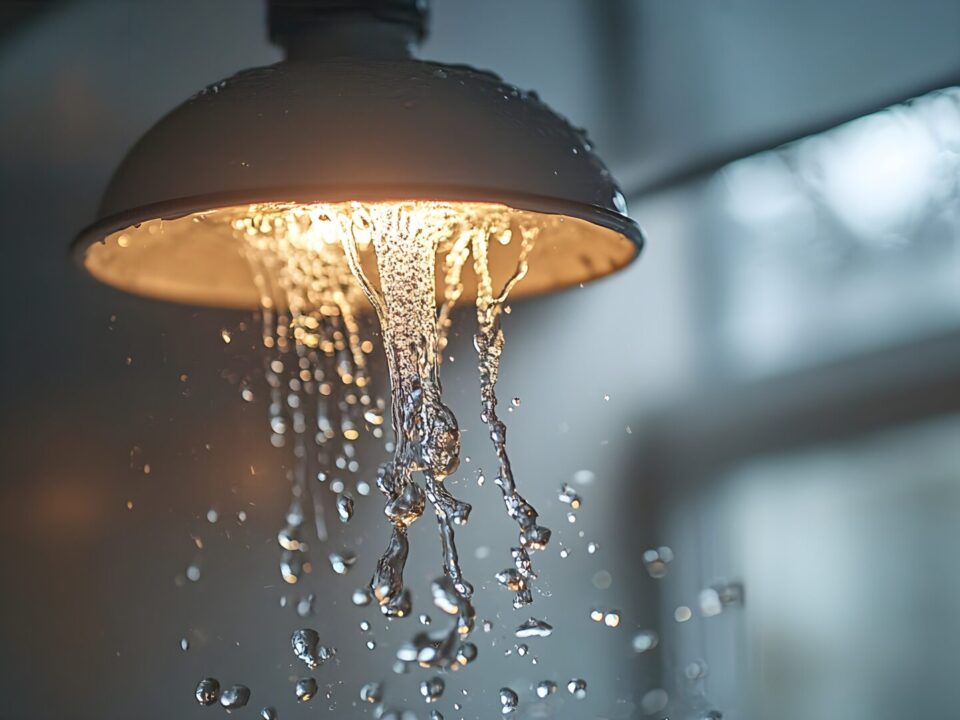If your property has a septic tank, you may not think about it very often. However, you do need to remember to take care of your septic tank, especially if your area experiences heavy rainfall on a regular basis. Even if your area is drier, you want to be prepared in case a bad storm rolls through – because if you aren’t, you could be in for a world of trouble.
Heavy rainfall is particularly dangerous for septic tanks and can cause a host of problems, including backups into your home and system overload. But don’t fret, because whether you’ve experienced problems with your system in the past or just want to take precautions, there are several steps you can take to ensure your septic tank remains operational during a storm.
Watch for Signs of a Flooded Drainage Area
During a heavy storm, you’re obviously bound to see quite a lot of water. However, simply seeing standing water in your yard may not be enough to tell you if your drainage area is flooded. Thankfully, there are a few telltale signs that will help you identify potential flooding, including the following:
- Hearing a gurgling sound in your toilet or drains
- Seeing slow drainage from your toilet, sink, or any other drains
- Finding water backed up into your floor drains
Prevent Drainage Field Flooding
If you’ve encountered a septic tank failure during heavy rainfall, you understand how much of a headache it is. Taking the proper precautions both before and during the storm will help keep your system running smoothly so you don’t run into a disaster.
Plant Grass Above the Tank
Before a nasty storm rolls through, take the time to plant and nurture healthy grass above your tank. Grass is a fantastic way to keep your system a little safer during rain since it absorbs much of the water that falls in the area, resulting in less flooding.
Redirect Runoff Away from the Tank
Whenever rain falls, the way your land is graded and where your gutters empty determine where the excess water will end up. If your gutters lead to your drainage field or if your land is improperly graded, you’ll have water where you don’t want it.
Depending on your situation, simply redirecting gutters can be a huge help. Or, you may need to have your land graded in such a way that water naturally flows away from the septic tank, which is something that you might need professionals to do correctly. But even if you do need to pay for professional grading, the long-term benefits can easily outweigh the upfront cost.
Use Less Water During a Storm
If you experience problems during storms, the most important thing you can do is to limit your water usage. This means taking as few and as short of showers as you can, not running your washing machine or dishwasher, and only flushing the toilet when necessary. Should you continue using the system normally, you’ll turn a bad situation into an even worse one.
Keep Away from the Tank
During a storm, you may feel the need to go out and check on the state of your drainage field, but it’s actually very important that you stay away from the tank. The weight of your body, and especially that of vehicles, will compact the soil, leading to worsened water absorption in the area. In turn, this will cause increased flooding and problems for your drainage system and septic tank, which is the last thing you want.
Regular Pumping & Maintenance
Last but certainly not least, you need to give your septic tank the proper care to ensure it works efficiently. This is done through regular pumping and maintenance from qualified professionals. Reducing the amount of sludge and waste in the system will result in more available space in the tank, which can make all the difference when the rain starts to fall and doesn’t stop.
Trust Joe the Plumber to Keep Your Plumbing System in Tip-Top Shape!
When it comes to plumbing services, you won’t find another team out there as trustworthy and reliable as Joe the Plumber. We provide Houston, TX and the nearby areas with a wide array of plumbing services to accommodate all your needs.
From general plumbing to sewer line and repiping services, you can count on us to deliver fast, high-quality service at competitive prices. We also offer 24/7 emergency services and will be there when you need us most! Get in touch with us today to schedule your service.








